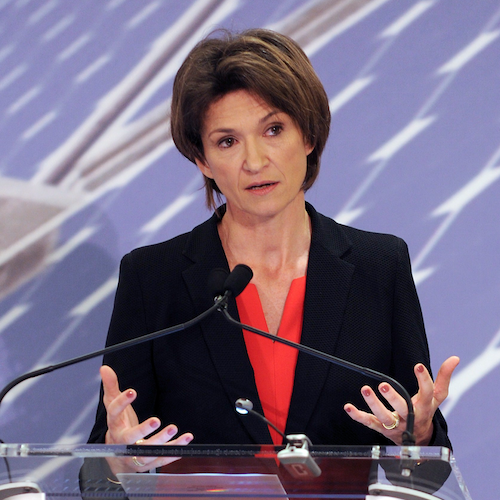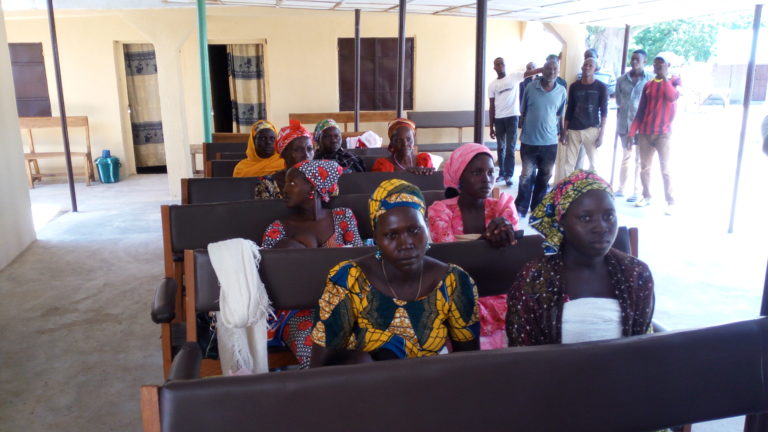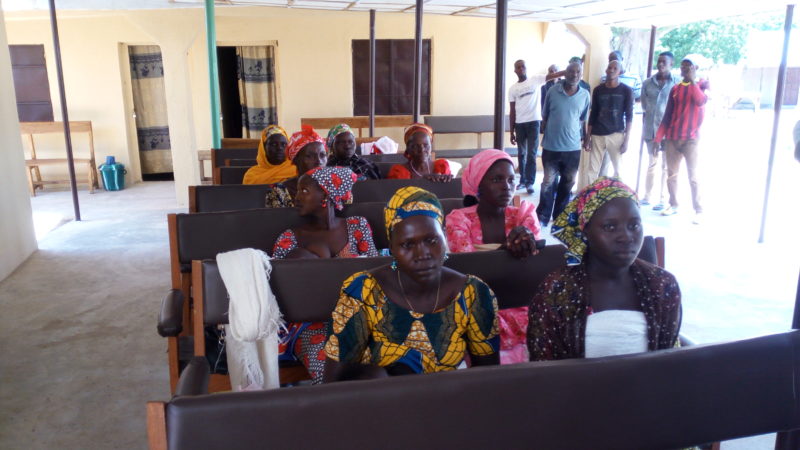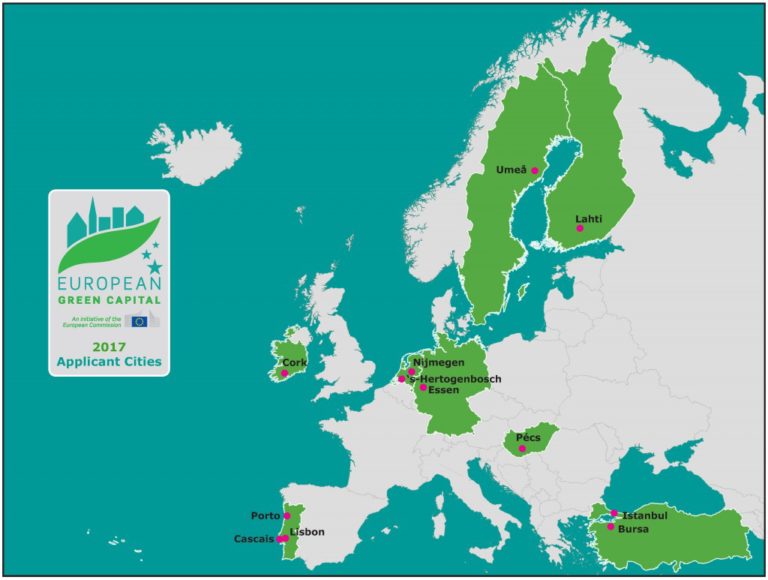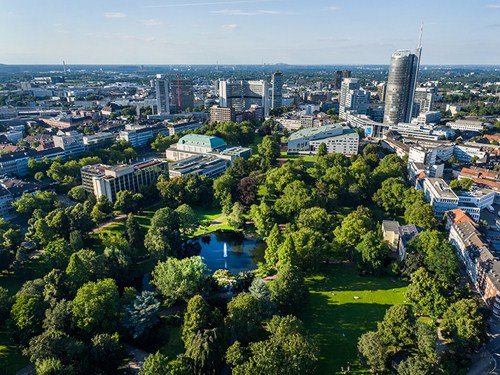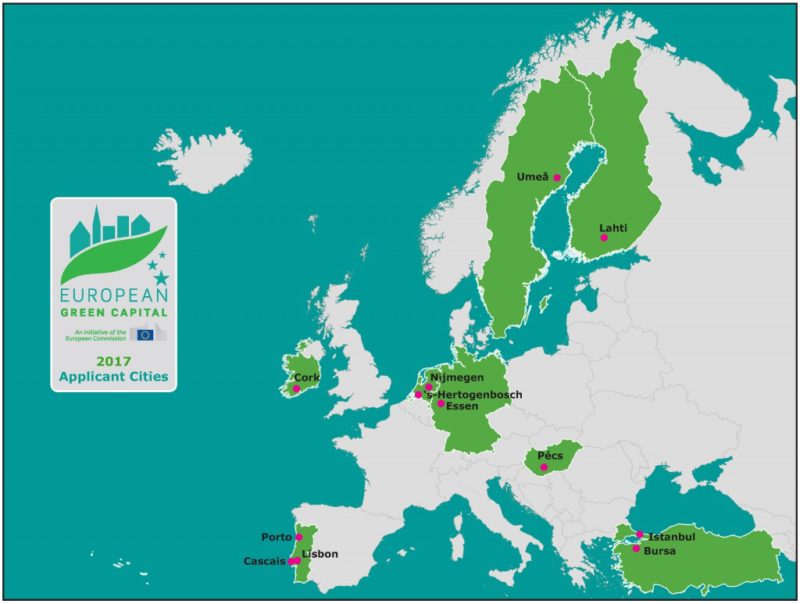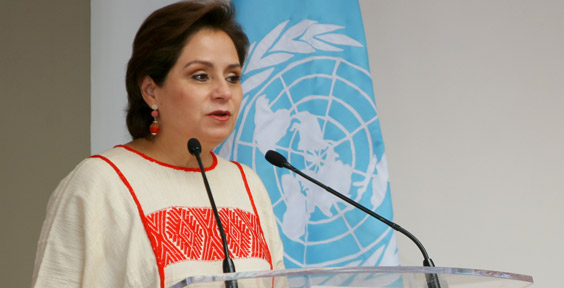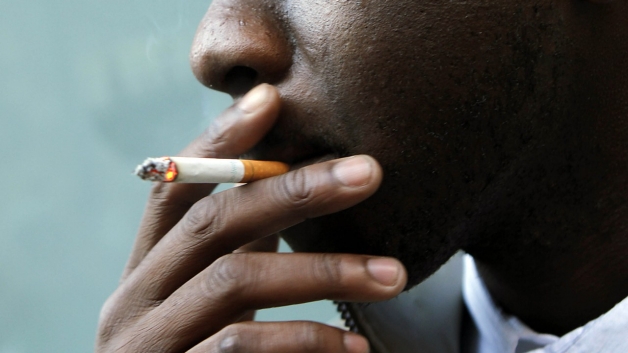Against the backdrop of the widespread use of chemical manure, the Nigerian government has been urged to promote the use of organic fertilisers to produce healthy foods for local consumption and export, as well as check environmental degradation.
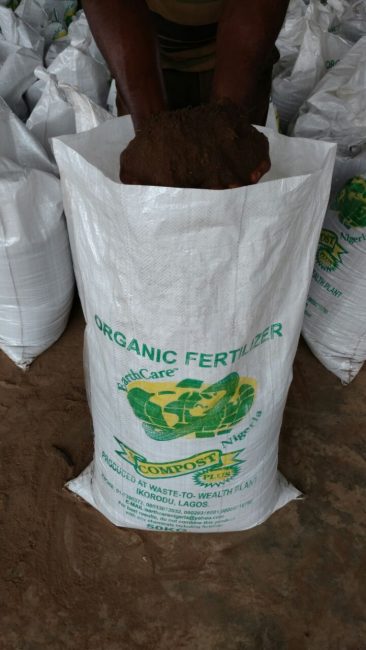
An agricultural technologist, Gregory Ohiaeri, made the call recently while taking journalists on a tour of an organic fertiliser manufacturing facility at Odoguyan, Ikorodu, Lagos. The facility is being operated by EarthCare Nigeria Limited.
Organic fertilisers are fertilisers derived from animal matter, animal excreta (manure), human excreta, and vegetable matter (such as compost and crop residues). Naturally occurring organic fertilisers include animal wastes from meat processing, peat, manure, slurry, and guano.
He said: “Nowadays, products exported from Africa are being rejected due to contamination, mainly from the use of harmful chemicals. The only thing that kills people is what goes through the mouth. So people eat this food that is produced or grown with chemical fertiliser; and, because the plants are like humans like us, they receive those minerals.
“These chemicals go into their system and eventually we human beings eat the foods. And we can develop anything; cancer and all kinds of diseases. We can have blindness and others. This also applies to cattle that go around. Since they use inorganic fertiliser to fertilise the grass, the cow eats it and takes the chemicals. They slaughter the cow and we humans eat the meat.”
According to him, Earthcare Nigeria Limited partners with the Lagos Waste Management Agency (LAWMA) in collecting green wastes from the different markets and even abattoirs in Lagos and the wastes are processed into organic fertiliser.
Ohiaeri, who is the company’s Chief Operating Officer, said inorganic fertilisers not only destroy the soil but also contaminate grasses and foods with deadly chemicals, leading to acceleration of diseases including cancer and eye damage, which are now rampant in the country.
He said it was high time that the country’s huge farming population was educated on the implications of the types of fertilisers they use, even as there is need to give farmers fertiliser options.
His words: “And if you compare their produces, you will see that for the food produced with chemical fertiliser, the leaves become weak and start to fold within few hours of harvest, while that with organic fertiliser will stay fresh. When it comes to agriculture, the farmers need to be trained and exposed to the best ways of farming to get healthy final products, because food is security for a nation and if the farmers are producing unhealthy food, the people will eat unhealthy food and they will get sick and the nation will be weak.
“Here in Nigeria, the President has been making the effort to support farming. But the problem is that most of the farmers know only rely on inorganic fertiliser that is not very harmful to health. Unfortunately, the sale and application of inorganic fertilisers is not regulated in the country. Because of that, there are challenges. When you go to the western world, you have specialised stores that sell organic produce and inorganic produce, and the people have the choice to choose.
“If you use inorganic or chemical fertiliser over a period of time, it will deplete some of the nutrients in the soil and you have to wait for years to come back to that land. The soil will not have the essential nutrient it needs for particular crops to flourish. And in using chemical fertiliser, you have to apply the right quantity beyond which causes problem to the soil. But with organic fertiliser, there is no overdose. Organic fertiliser will also rejuvenate the soil and generate all the free nitrogen the plant needs. And sometimes when you apply it, because of the biological enzymes that it has, there are living organisms that would continue to revitalise the soil. Take for instance the Ogoni oil spill; organic products would properly revitalise the soil there.”
Ohiaeri, who said the company now produces 200,000 metric tons of fertiliser per annum, however regretted that, inspite of the urgent need to discontinue the use of inorganic fertiliser, Nigerian government was yet to partner with EarthCare to make available organic fertilisers to farmers at affordable cost.
He said: “We are the only outfit that produce organic fertiliser in this country and government has not asked to partner with us. Most of our patrons are coming from the private sector. For instance, right now, we are in partnership with Nigerian breweries. They bring their wastes, we process them and the ultimate goal is to use organic fertiliser and help their farmers to grow the grains it uses for their beer production.
“Most of the time, the organic fertiliser might be a little bit on the high side. But, for people who know the benefit of the different types, money is not the issue. The issue is their health. I think farmers should be given an incentive. But not only incentives but also set aside an outlet for farmers to be able to sell their produces.
“Very soon, EarthCare will come up with EarthCare Foods as part of our long term project. What we do is engage farmers to use Earthcare compost to farm. EarthCare Foods will buy their produces. This will be particularly useful to those farmers in rural areas who find it hard to market their produces. That will be employment for the people because people want to work and get paid.
“So if government wants to make agriculture a priority, they have to be willing to spend time and money to help farmers. And not only help them with any fertilisers, but also give them the option to choose. The farmer wants to make profit and your health is not of importance to him. The bottom line is that I am going to grow crop, I don’t care what I grow it with. What I care is let me get the proceeds quick and sell the output.
“Right now, the company is producing 200,000 metric tons per year. That should be enough for the country and if there is need for more products; there is always room to expand.”
By Innocent Onoh



